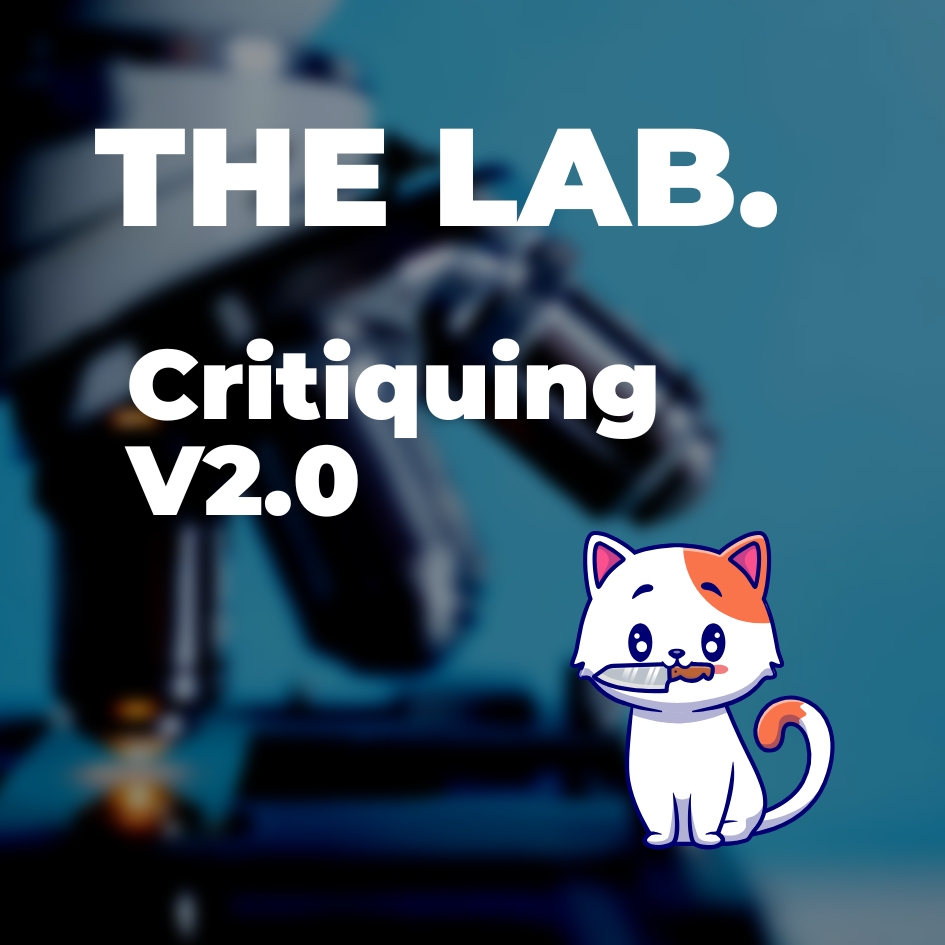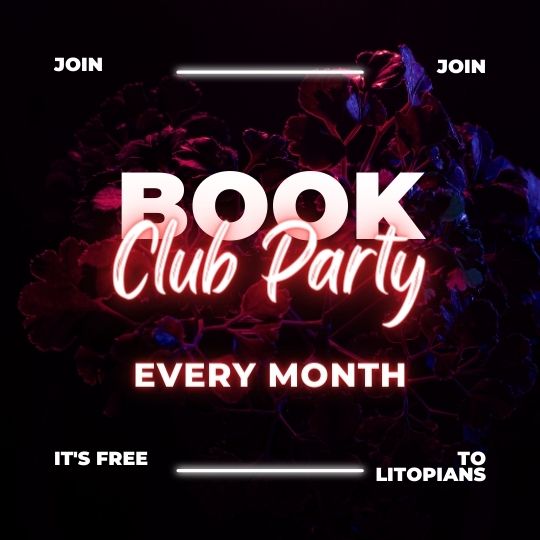Paul Whybrow
Full Member
I've just finished reading Don Winslow's The Force. It's a brilliant portrayal of a corrupt detective's fall from grace. The book cover has heavyweight endorsements from Stephen King, James Ellroy, Michael Connelly, the Sunday Times, New York Times and Mail on Sunday.
Michael Connelly says:
"There is no higher mark for a storyteller than to both educate and entertain. With Winslow these aspects are entwined like strands of DNA. He's a master."
I can only agree, for Winslow knows his stuff, being a former investigator, anti-terrorist trainer and trial consultant. His previous seventeen novels are all well-researched, gripping and totally believable. Two have been filmed—The Cartel, and Savages—while The Force has had its film rights bought by Ridley Scott.
It would be impossible for Winslow to write his true-life crime novels without mentioning the facts—reminding the reader of news stories, while they identify with the fictional characters the author has inserted into history. The atmosphere of fear and tension he creates is all the more credible for it.
In my own writing, I do loads of research to get facts correct—a lot of crime fans think they're experts through watching such television series as the CSI franchise, which is wildly inaccurate a lot of the time. I love passing on knowledge, especially if it's relevant to the story I'm creating, but there always comes a moment when I pause to think is this too much information? I'm writing a fictional story, not delivering a lecture.
Do facts ever cause you to dither as they become obstacles to your narrative?
Have you ever learned anything useful from a novel?
Michael Connelly says:
"There is no higher mark for a storyteller than to both educate and entertain. With Winslow these aspects are entwined like strands of DNA. He's a master."
I can only agree, for Winslow knows his stuff, being a former investigator, anti-terrorist trainer and trial consultant. His previous seventeen novels are all well-researched, gripping and totally believable. Two have been filmed—The Cartel, and Savages—while The Force has had its film rights bought by Ridley Scott.
It would be impossible for Winslow to write his true-life crime novels without mentioning the facts—reminding the reader of news stories, while they identify with the fictional characters the author has inserted into history. The atmosphere of fear and tension he creates is all the more credible for it.
In my own writing, I do loads of research to get facts correct—a lot of crime fans think they're experts through watching such television series as the CSI franchise, which is wildly inaccurate a lot of the time. I love passing on knowledge, especially if it's relevant to the story I'm creating, but there always comes a moment when I pause to think is this too much information? I'm writing a fictional story, not delivering a lecture.
Do facts ever cause you to dither as they become obstacles to your narrative?
Have you ever learned anything useful from a novel?



